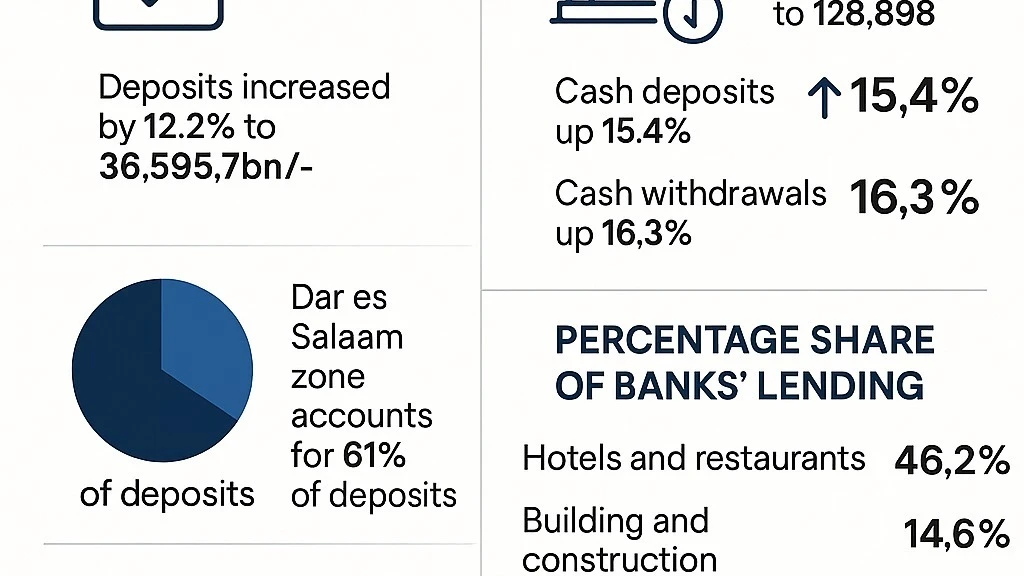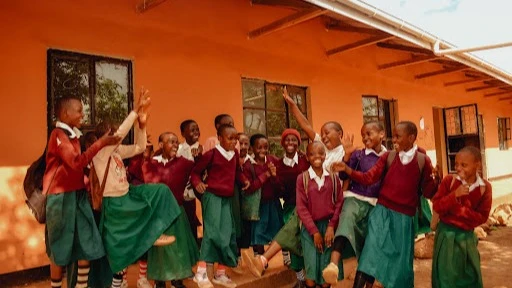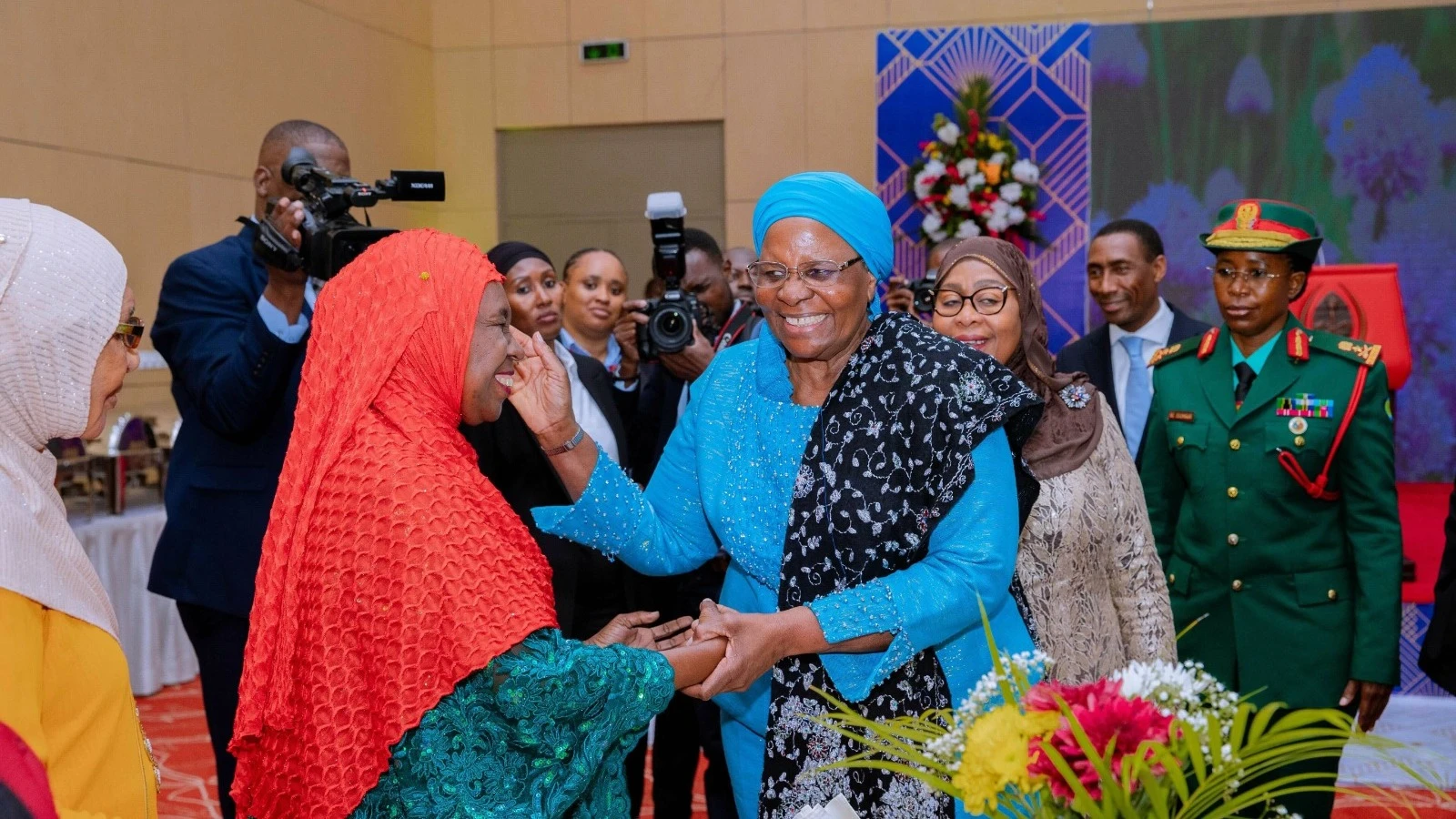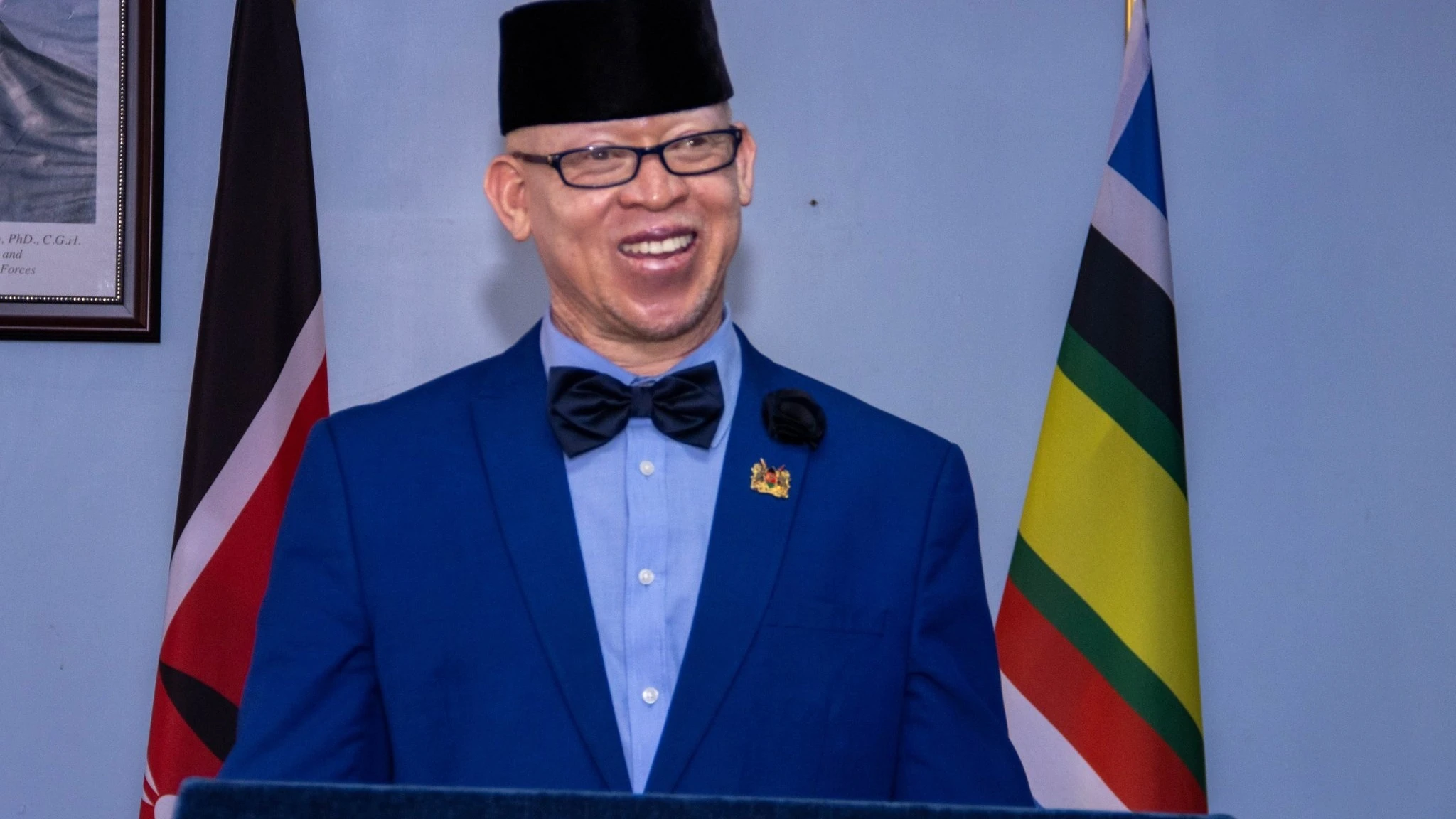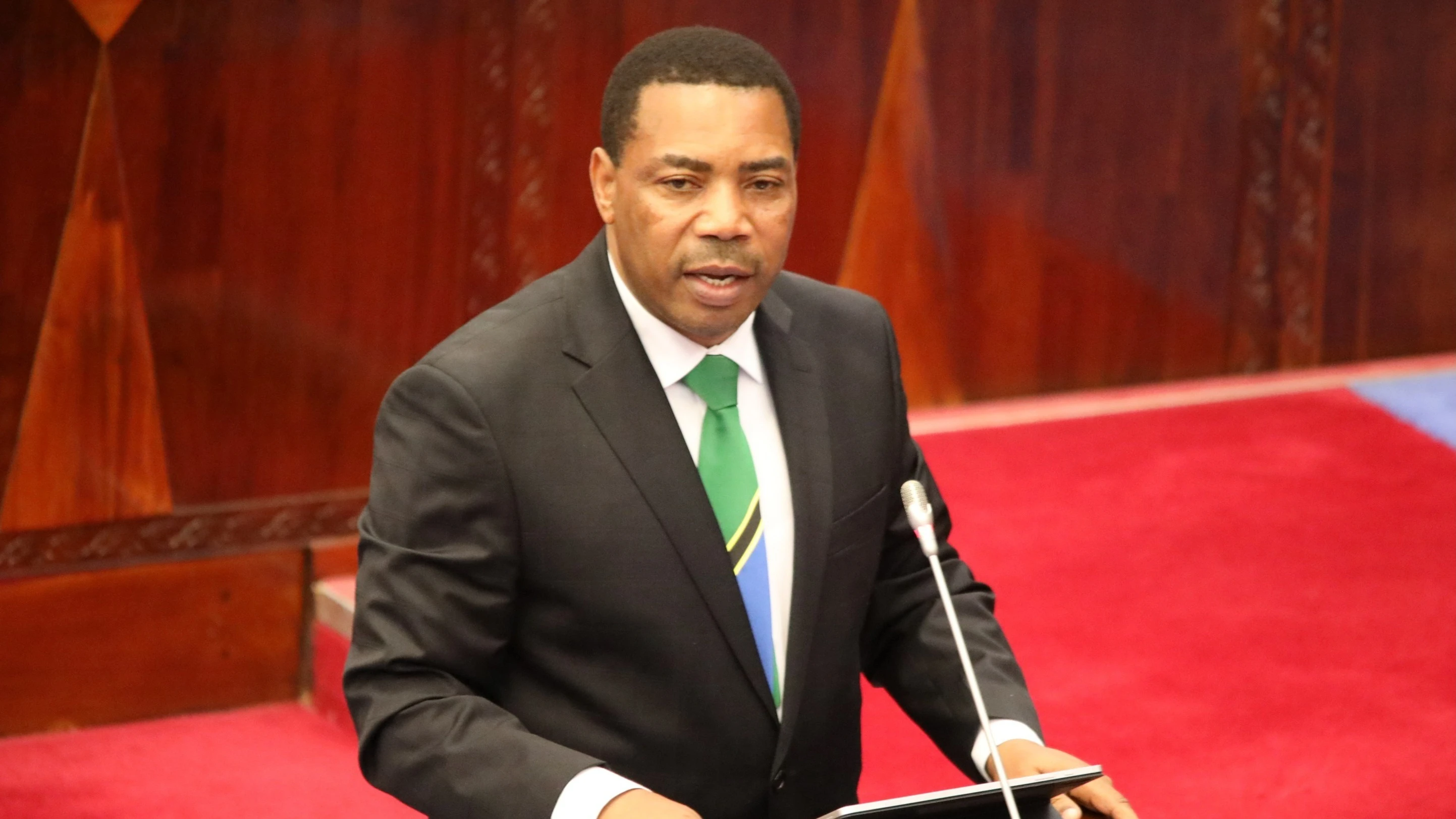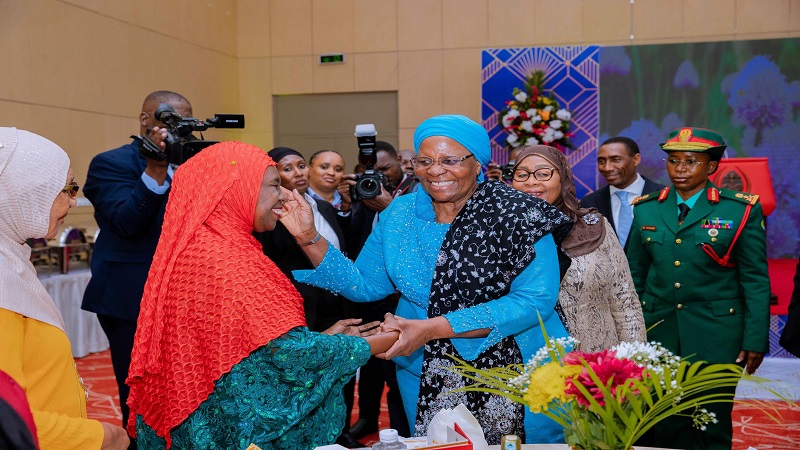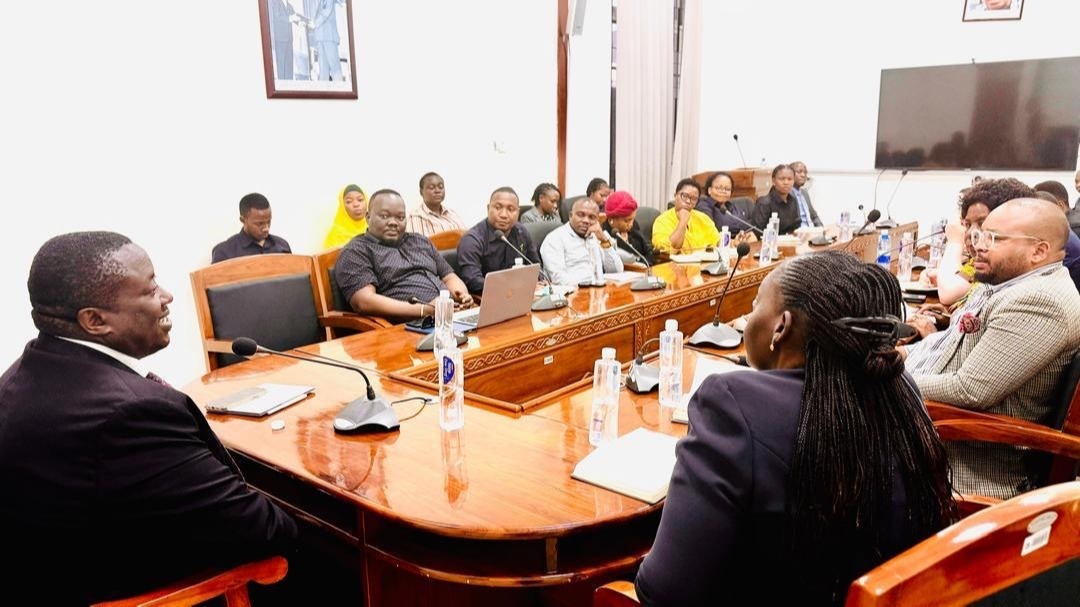Iringa trains primary schools English teachers on new teaching programme
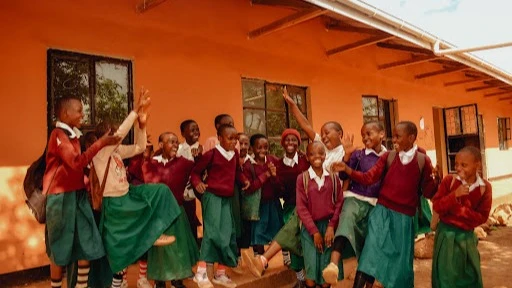
THE government, through the Ministry of Education, Science and Technology, in collaboration with the Tanzania Institute of Education (TIE), has launched a specialised training programme for English language teachers in Standard One and Two across public primary schools.
The initiative is being implemented in partnership with UK-based international organisation, Jolly Phonics. Speaking to journalists in Iringa yesterday, TIE training coordinator Stephen Mwashihava said the programme aims to equip teachers with effective, child-centred teaching methods to improve English language instruction at the foundational level.
“Since the introduction of the new curriculum in 2023, English has been officially included as a subject of instruction from Standard One and Two in all Kiswahili-medium schools. This marks a significant step in ensuring children develop a strong foundation in the English language from an early age,” Mwashihava said.
He explained that Jolly Phonics is a widely used phonics-based teaching method that supports children in learning to read, write, and pronounce English sounds. The approach is currently implemented in over 100 countries, including Kenya, Uganda, Zambia, Nigeria, and South Africa.
“Through the Jolly Phonics method, pupils are introduced to 42 basic sounds of the English language, making the learning process easier and more engaging,” he added.
In addition to classroom teachers, the training also includes academic officers, ward education officers, and headteachers from four regions: Iringa, Tabora, Rukwa, and Arusha. The goal is to institutionalise the new teaching methods and ensure their sustainability.
Mwashihava also noted that the Jolly Phonics programme provides essential teaching materials—such as books and classroom resources—which will enhance the teachers’ ability to deliver more effective lessons.
Teachers who participated in the training expressed their appreciation, stating that the new knowledge and tools will greatly improve their teaching practice compared to traditional methods, which were often less engaging for pupils.
Etenes Simika, a teacher from Mshikamano Primary School in Iringa municipality, said: “This training has been a real breakthrough. It has broadened my understanding and introduced more engaging, child-friendly methods for teaching English.”
Timoth Mkoma, a teacher from Ugele Primary School, echoed similar sentiments: “We had been relying on basic, outdated techniques. This training has equipped us with better methods for guiding our pupils through the fundamentals of English. I’m confident it will lead to improved learning outcomes.”
The training is part of the government’s broader initiative to improve the quality of primary education and build a solid foundation in English from early years—preparing students to thrive in the global job market and adapt to rapid advances in science and technology.
Top Headlines
© 2025 IPPMEDIA.COM. ALL RIGHTS RESERVED









